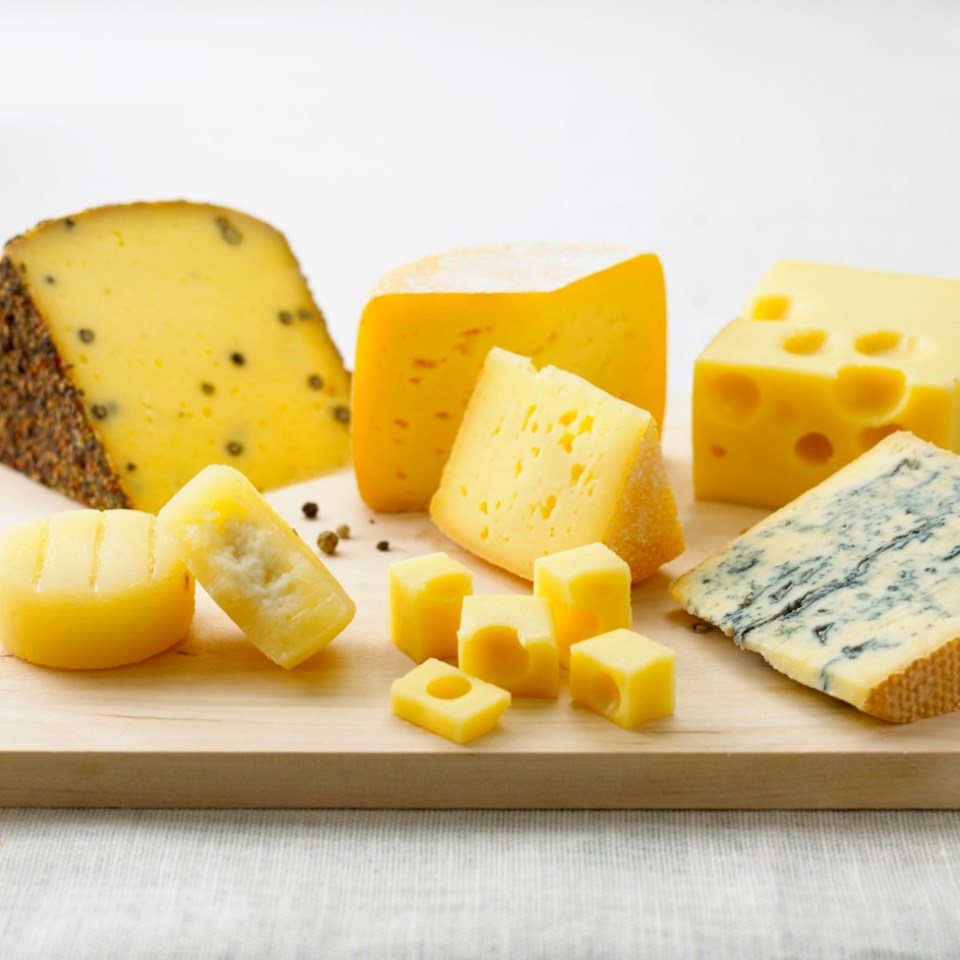WESTERN PRODUCER — Why should Canada do a special favour for the United Kingdom when that country is discriminating against Canadian farmers and libelling Canada’s food safety standards?
That eminently reasonable question has been raised in this space in recent months. It’s also being pointedly asked and discussed on page 12 of this week’s issue by none other than Canada’s ambassador to the United Kingdom, Ralph Goodale.
He pushes back against the U.K.’s request to retain its special access to Canada’s cheese market at a time when it is blocking Canadian beef and bad-mouthing Canada’s food safety system.
That ban has no scientific justification whatsoever, Goodale writes.
“It’s an entirely arbitrary non-tariff trade barrier which violates the rules of both the CPTPP and the World Trade Organization. It is also exceedingly unfair. Britain exports thousands of tonnes of beef into Canada, but hardly a morsel of beef gets into the U.K.”
Goodale also notes that the only time Canada has had a beef safety problem is after importing cattle — from the U.K.
And he calls out the aspersions cast upon Canada’s food safety system within the U.K.
“We should also agree that we will not gratuitously trash each other’s food inspection and safety systems,” Goodale writes.
Especially, I might add, when Canada’s is arguably better than the U.K.’s.
Good on Goodale for standing up for Canada’s farming and food reputation back in our mother country, but we need more, much more, from the U.K. government. That’s where this slides from being a spat about trade into an existential crisis the Brits are having, and where it needs to get resolved on a spiritual level as opposed to the technical.
The U.K. decided, rightly in my view, to leave the European Union and return to independence and a more global outlook. Its government, at least, was keen to leave the suffocating confines of Brussels-based bureaucracy — always dominated by Franco-German concerns — and engage more deeply instead with the vast bulk of the world that lies outside the EU’s walls.
There are likeminded countries across the planet. The settler nations founded by Britain share a general desire for free trade and rules-based interaction. That includes Australia, New Zealand and the United States. It includes advanced western-style Asian nations like Japan and South Korea.
It also includes Canada, of course, which is both a British settler nation and a founding member of the Comprehensive and Progressive Agreement for Trans-Pacific Partnership, which brings together most of those British and advanced Asian nations.
That’s where Canada has leverage, as Goodale notes, and where the U.K. might be forced to give ground. Basically, if the U.K. still wants a share of Canada’s cheese market, it can get it through the CPTPP, but Canada doesn’t have to agree to the U.K. entering the deal if it keeps up its bad behaviour.
If it was just a horse-trading situation, it might be simple to resolve. But the British public is in the midst of a major evolution in its thinking and some of the old EU mindset appears to be having a hard time dying off.
There’s no excuse for the U.K.’s behaviour on Canada’s beef, pork and other food items. There’s no reason to help it get into CPTPP until it fixes that.
But the real fix is going to have to come from within the British soul. Now that the U.K. has completed Brexit and says it wants to engage with the rules-based world, it’s going to have to see if it has the courage of its convictions.




